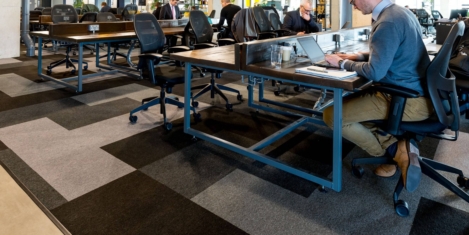July 31, 2018
UK employees no longer incur huge expenses entertaining clients
 Long corporate lunches were once the cornerstone of the corporate expense account, but new figures show just 13 percent of today’s workforce claim expenses for lunch at a restaurant, compared to 36 percent of those in the 1970s and 37 percent in the 80s. The data, released by Barclaycard, also claims that just 10 percent claim dinner at a restaurant with a client on their expenses. This is less than half the proportion who did so in the 1960s (34 percent), 70s (27 percent) and 80s (28 percent). Employees are also less likely to catch up with clients over drinks, with just seven percent regularly footing the bill for a round – approximately a quarter of the proportion who say they did so in the 1980s (27 percent). The expense management process itself has also become more formal, with a clear shift to self-service – almost two-thirds of today’s employees file their own expense claims compared to just over a third in the 1960s.
Long corporate lunches were once the cornerstone of the corporate expense account, but new figures show just 13 percent of today’s workforce claim expenses for lunch at a restaurant, compared to 36 percent of those in the 1970s and 37 percent in the 80s. The data, released by Barclaycard, also claims that just 10 percent claim dinner at a restaurant with a client on their expenses. This is less than half the proportion who did so in the 1960s (34 percent), 70s (27 percent) and 80s (28 percent). Employees are also less likely to catch up with clients over drinks, with just seven percent regularly footing the bill for a round – approximately a quarter of the proportion who say they did so in the 1980s (27 percent). The expense management process itself has also become more formal, with a clear shift to self-service – almost two-thirds of today’s employees file their own expense claims compared to just over a third in the 1960s.





































